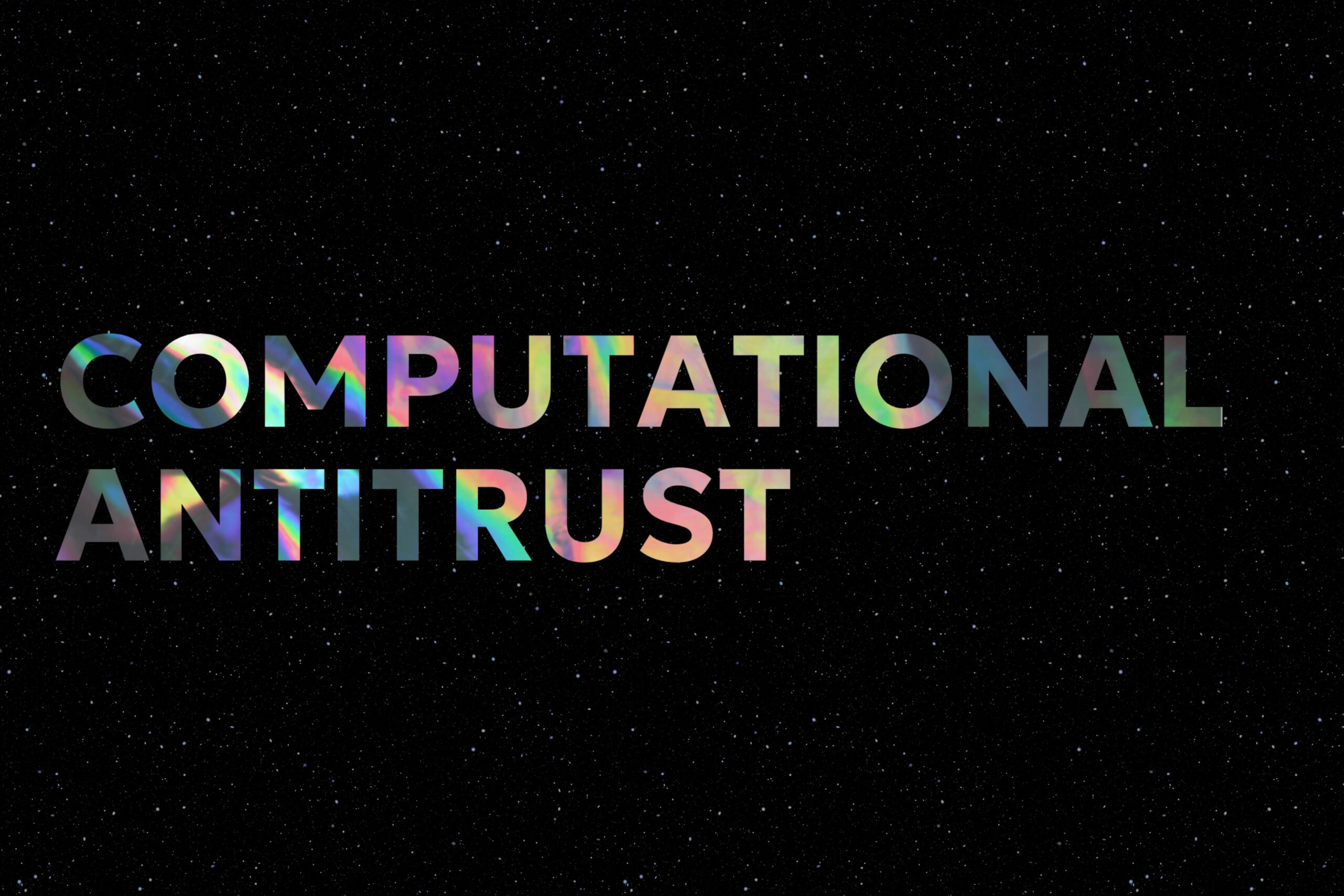This article was written by Valentin Mircea (PhD in Antitrust Law). Valentin was a Board Member of the Romanian Competition Council and later on its Vice-President. He is now a senior partner at Mircea and Partners Law Firm in Bucharest. Valentin wrote several books and articles on the subject of antitrust law.
———————
Click here to download the
PDF version of this article
There are voices coming from people with good knowledge of the market which consider that the recently opened investigations (in Romania) with regard to Cora, Carrefour, Auchan and Kaufland supermarkets chains are in fact a late reaction of the public authority, which, for years, only paid attention to the vertical agreements concluded by Metro, Mega Image and Selgros between 2005 and 2009, with some of their distributors and ”forgot”, for a long time, the similar agreements concluded by all the companies active in the food retail trade.
It is not clear whether or not the triggering factor for the investigations initiated by the Romanian Competition Council (”RCC”) in October 2014 resides in the fact that it had previously ”forgot” to investigate the other retailers but it should be admitted that the new investigation has something to do with the complaints in this respect made by those already under investigation regarding the procedural fairness. The Competition Council has been very brief regarding the details of the new investigation and, relatively outside its practice, it announced the investigation long time after it has been started. The previous anomaly – that only some of the retailers and producers from the retail food industry have been investigated between 2009 and 2014 for alleged commercial activities common in the entire industry, cannot be canceled by starting now an investigation.
Thus, the question remains open: why there have been undertakings – both retailers and producers/importers – which were initially investigated in the framework of the 2009 investigations, but which later on ceased of being under investigation, with no explanation. There have been, also, producers and retailers who have been exempted from liability, although they were in an identical with those under investigation.
On one hand, one can ask if there is an uneven use of the sword of justice by the Romanian Competition Council. On the other hand, I believe that the competition authority should have a reason for differentiating among retail chains and producers, in similar circumstances. The authority should spell out as soon as possible, clearly and beyond any doubt, what made it apply such different standards to similar or even to identical behaviors. Absent such explanations, the Romanian undertakings would get the wrong impression that the national competition authority acts in discriminatory, even arbitrary manner, based on criteria only known by the authority.
On the substance of the investigations, both those started in 2009 and those from 2014 (assuming they look for the same possible infringements) we could rightly wonder why the competition authority puts such a great deal of resources and energy for investigating commercial behaviors which are benign at best (or worst): the organization of promotions through joint efforts of the retailer and the producer and granting short term exclusivities? The food retail industry is obviously an important one and the interest of the public authority is, in principle, justified. But investigating such behaviors may reduce the value of its effort and may also turn the public activity into a formal one, with no practical effects on the consumers and the competition.
It is hard to consider such joint actions aimed at short time promotions as hard core restrictions of the competition rules, which are sanctionable by object (per se). We often noticed the temptation of the Romanian Competition Council to consider the overwhelming majority of restrictions subject to its scrutiny as by object infringements of the provisions of article 5 (1) of the Romanian Competition Law/art.101 TFEU, thus stretching to the maximum possible extent the area of the per se infringements. Such an attitude is prone to false positives and it will have a chilling effect on the business sanctioned. There are plenty of by object infringements of the prohibition to enter into anti-competitive agreements and practices, but this does not mans that, automatically, any collusive activity among undertakings must be included in this category. In the recent practice of the Romanian Competition Council, there is not even a single case where a collusive activity has been sanctioned based on its effects on competition and not because of its object. This is strange, to say the least, and happens in spite of the build-up of economic expertise at the level of the authority, with top economists joining its ranks.
The signal given by the European Court of Justice in its recent decision in Groupement de Cartes Bancaires – 11 September 2014 –(1) is that such excesses should be avoided. In the end, there is no obstacle in analyzing and evaluating the infringements by effects of the prohibition contained in article 101 TFEU/art. 5 of the Romanian law. Even if such an investigation would be more laborious, it must be undertaken and the public competition authority should resist to the temptation to push every possible infringements into the straitjacket of a per se infringement. The lessons arising out of Groupement de Cartes Bancaires should be properly learned: the public authorities from the member states, as well as the European Commission, should refrain from using the ”shortcut” provided by the legal presumption included in article 101. The decision is Groupement de Cartes Bancaires is far from that radical change in the jurisprudence of the court some might wish but it definitely provides a (still friendly) warning to the investigators that the simplicity of the per se infringements should not be abused. Without deleting the boundary between per se and by effects infringements, the recent ECJ decision ask competition authorities that a demonstration of the (at least) likely effects must be made and that such an infringement cannot be just be presumed if it does make sense (assuming, as ever, that undertakings act rationally and to their interest).
Given the fact that the Romanian Competition Council investigates many other possible restrictions of the competition – and most of them are in respect of vertical relations – the Romanian competition authority must learn fast the lessons and the guidelines from Luxembourg, so that it strikes where is needed, who is needed and with the right measure. For instance, it might pay more attention and provide more resources to investigate cartels and abuses of dominant position, not just vertical restraints.
Valentin Mircea
———
(1) ECJ, 11 September 2014, case n° C-67/13, Groupement des cartes bancaires: link








